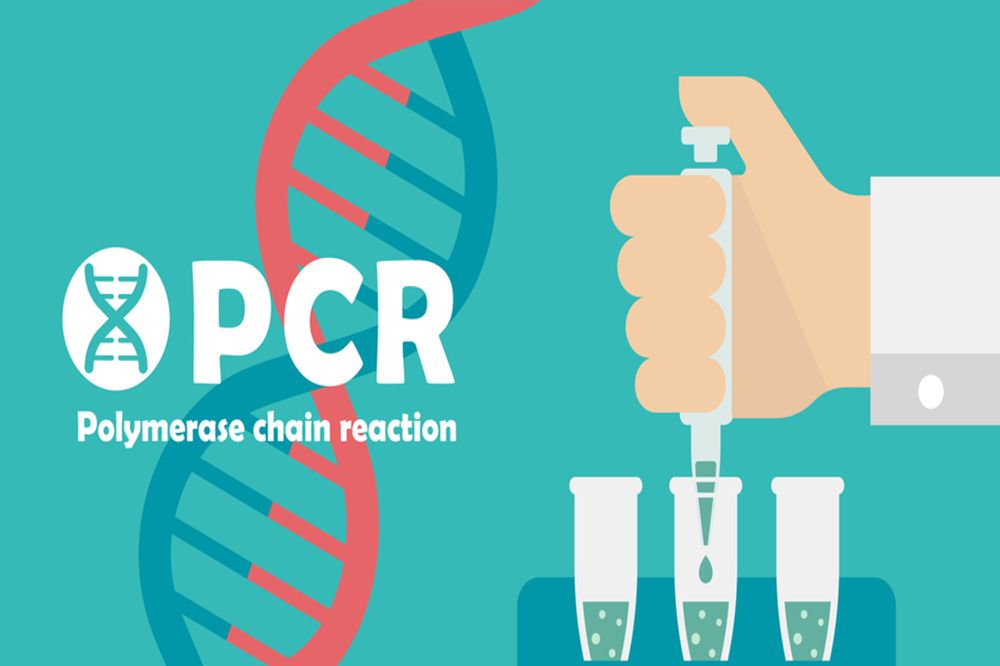Polymerase chain reaction (PCR) test

PCR is the test that involves the copying of a person’s DNA from a sample of his blood or tissue from the herpes infection sore or from the spinal fluid. The technicians then test the DNA to establish any presence of HSV-1 or HSV-2 virus and point out which type of HSV is actually causing genital herpes. If a person is not experiencing any symptoms of genital herpes, the PCR testing can confirm the presence of HSV viruses. A majority of the doctors stand by the diagnostic result of PCR testing as it is mostly accurate than other diagnostic tests. Cell culture or PCR tests can give a false-negative test result in some cases of genital herpes if the sores are starting to heal or there was a recent outbreak of genital herpes infection. a false-negative test result indicates that you do not carry the virus but in fact you do. A false-positive result indicates that you are at risk of getting herpes infection but the chances are very low and you might need more testing.
